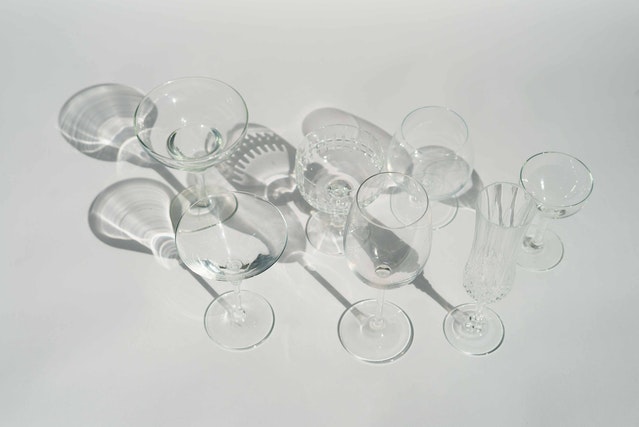Finding the correct words to say or things to do as a family member or friend of someone suffering from an alcohol use disorder (AUD) can be difficult.
It’s painful to see a loved one’s drinking habits deteriorate since it may harm your relationship.
While you cannot compel someone to seek treatment for alcohol addiction, there are several methods to assist and encourage them to do so.
Having a support system can help someone obtain help for their drinking issue.
It also boosts their chances of maintaining their sobriety. On the other hand, family and friends should be aware that the rehabilitation process can be fraught with ups and downs.
For this very reason, it’s best to find a professional center, that can help with alcohol addiction in LA.
What is AUD?
Someone who has AUD is referred to as an alcoholic.
Alcoholism is defined as a physical and psychological addiction to alcohol. They may struggle to manage their drinking habits or opt to continue drinking despite the negative consequences.
These issues might affect their work and social connections, and health.
The severity of an alcohol consumption problem varies. Mild patterns might turn into more significant problems.
Supporting the Healing of a Loved One
It might be difficult to recover from alcoholism or a drinking problem.
About half of people who complete their initial alcohol misuse treatment stay alcohol-free, while the other half relapse and start drinking again.
People may require therapy many times before achieving recovery. The implication of this is that you’ll need a lot of patience to help your loved one get better. Here are a few ways that you can help them get, and stay, sober.
Recommend Non-Drinking Social Activities
While you won’t be able to protect your loved ones from circumstances involving alcohol, you can avoid consuming alcohol with or around them.
Try to offer activities that do not entail alcohol when you spend time together. Better yet, avoid places that even sell alcohol.
Encourage Them to Pursue New Hobbies
Stopping or cutting down when somebody spends most of their time drinking might leave a significant void in their lives.
Encourage them to pursue new interests and hobbies unrelated to alcohol. These can be group interests like taking a class or joining a sports team or individual hobbies like painting, hiking, and volunteering.
Identify Underlying Issues
Assist the individual in addressing the issues that lead to their drinking.
If your loved one drinks due to boredom, worry, prior traumas, or loneliness, those issues will persist while they’re clean. Encourage the individual to develop healthy methods to deal with life’s issues and bounce back from setbacks without relying on alcohol.
Don’t Become an Enabler
When you shelter the individual from the repercussions of their drinking, you are enabling them.
When they lose their job or go into legal difficulty due to their drinking, you might conceal or dump bottles, take up their obligations, or give financial aid.
Helping them entails making them responsible for their actions while preserving their feeling of significance, accountability, and dignity.
Acknowledge and Help Reduce Stress
Giving up or drastically reducing alcohol use might be stressful. Similarly, excessive alcohol use is typically a bad way of dealing with stress.
Encourage your loved ones to exercise, confide in others, meditate, or use other relaxation techniques to help them cope with stress in a healthier way.
Be Prepared for Relapses
Assist your loved one in making strategies to avoid drinking triggers, deal with alcohol cravings, and function in social situations when drinking is expected.
You can also assist your loved one in finding methods to divert themselves when cravings strike—for example, by contacting someone, going for a walk, or waiting it out—but ultimately, they are solely responsible for their sobriety.
Recovery is rife with setbacks.
It is not your responsibility if your loved one relapses. All you can do is urge the person to try again to overcome their drinking issue.
They’ll get there with your aid.
Photo by Dziana Hasanbekava at Pexels
Any Web sites linked from Medical News Bulletin site are created by organizations outside of Medical News Bulletin and are the sole responsibility of those organizations. These links are strictly provided by Medical News Bulletin as a convenience to you for additional information only. Medical News Bulletin does not approve or endorse the content on any third-party Web sites and is not responsible for the content of linked third-party sites or third-party advertisements, as well as does not make any representations regarding their content or accuracy. Your use of third-party web sites is at your own risk and subject to the terms and conditions of use as per such sites policies. Medical News Bulletin does not provide specific medical advice, diagnosis or treatment and hereby disclaims any assumption of any of the obligations, claims or liabilities..



